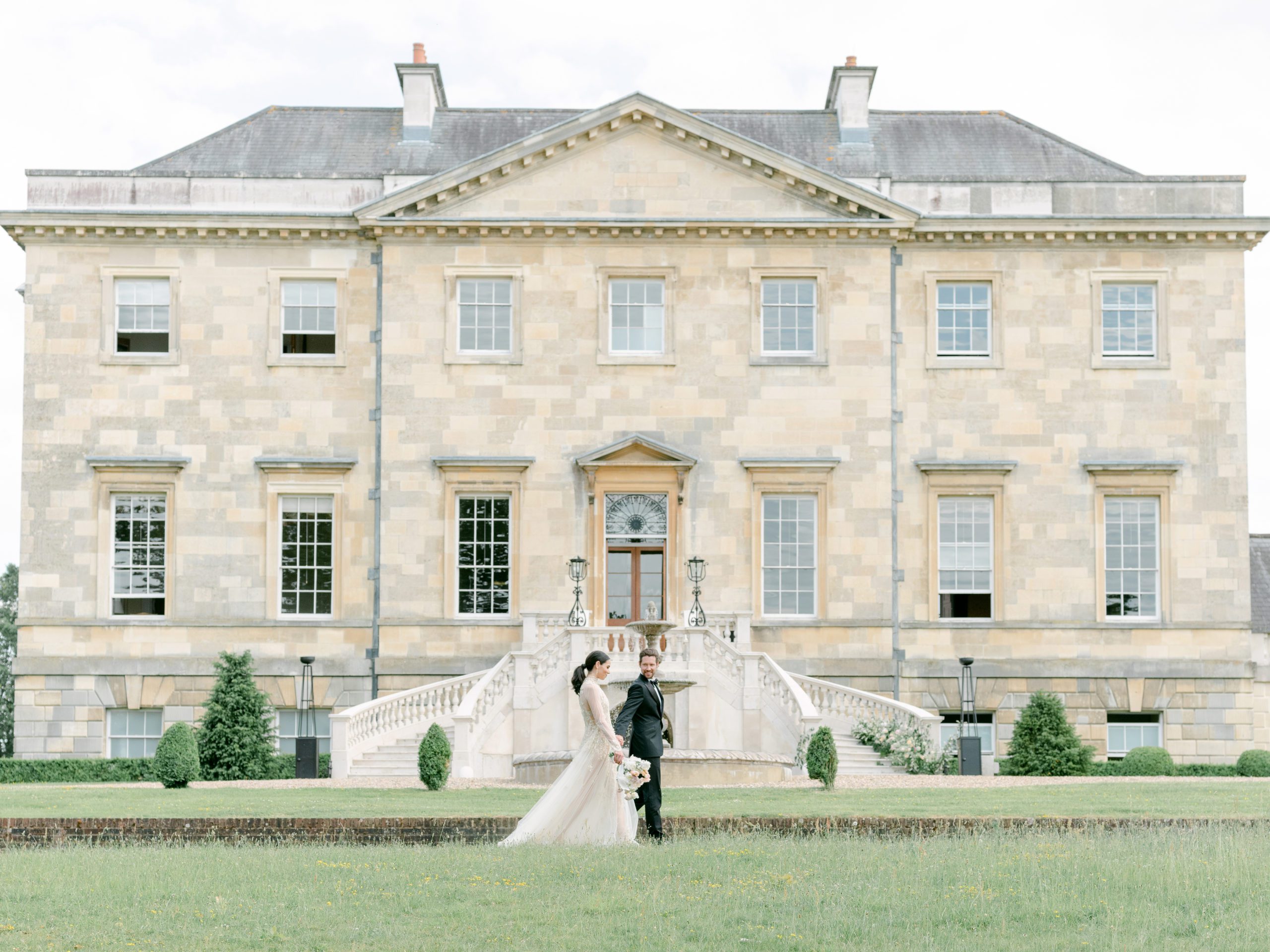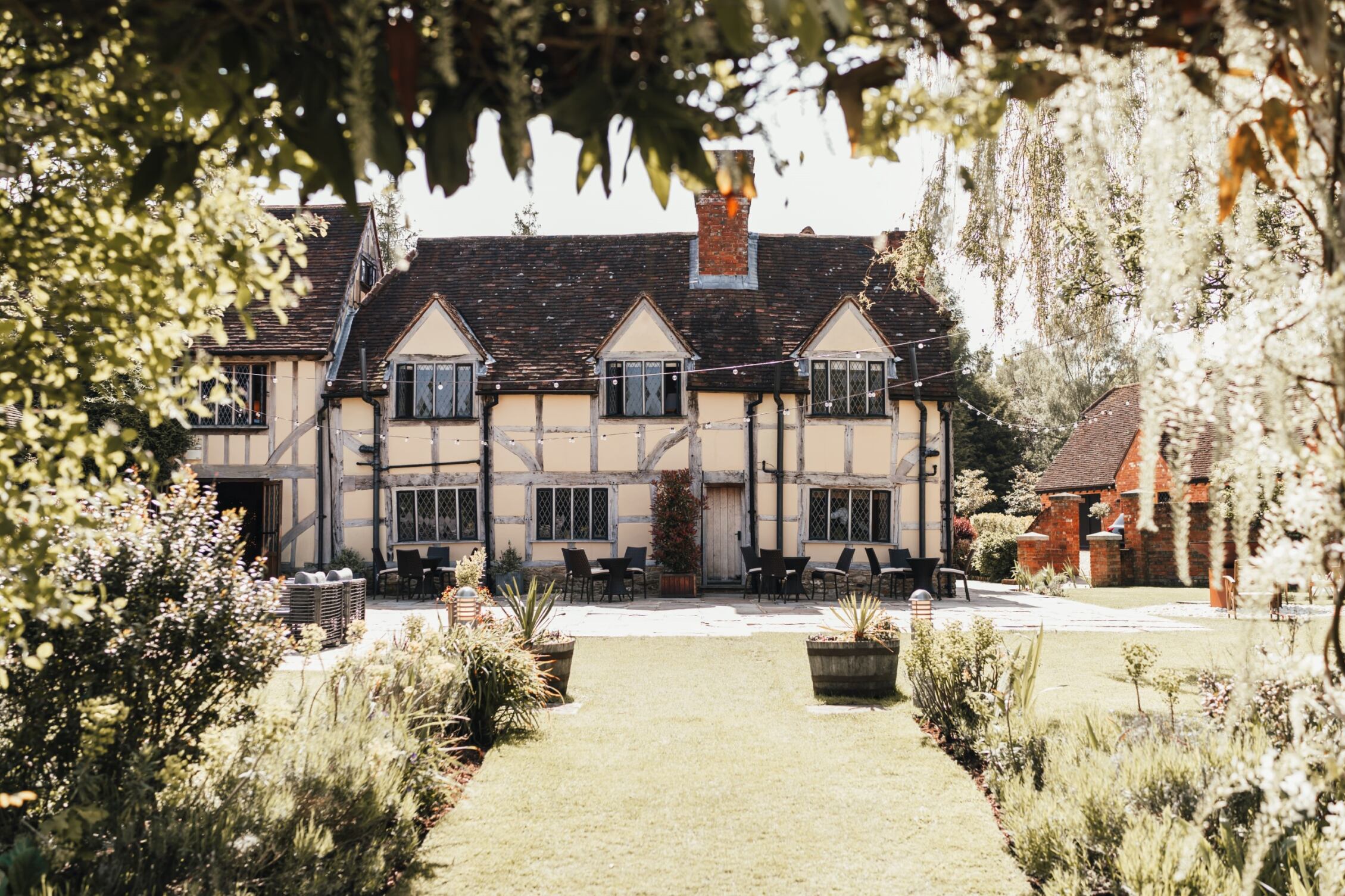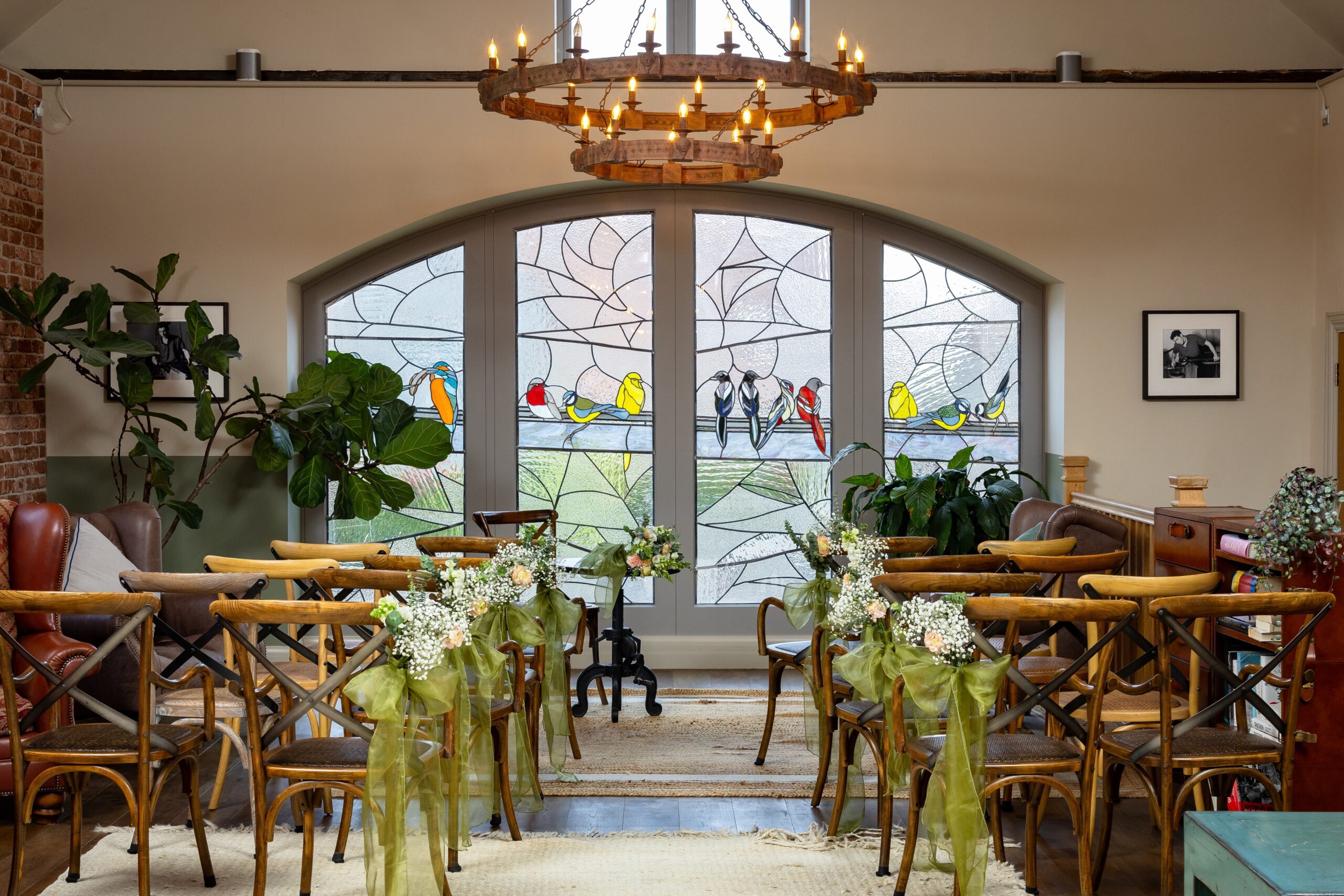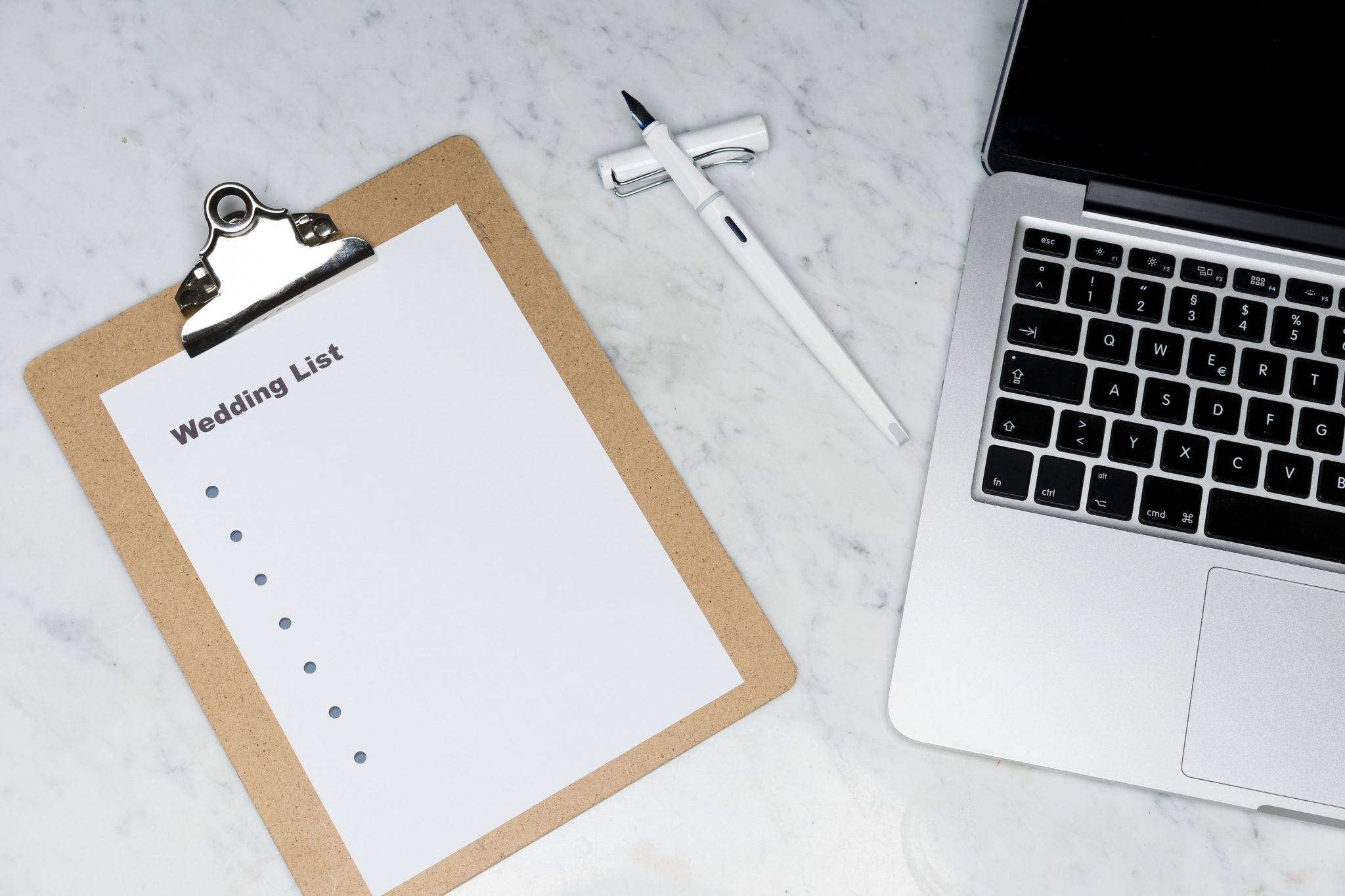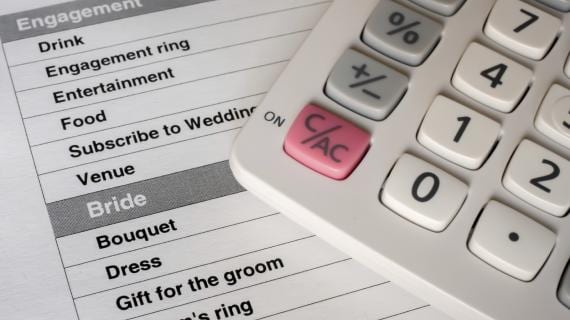It’s likely you won’t have experienced arranging a sit-down meal for 100 or so guests, and as a result can be surprising how quickly things can add up. With so many factors to consider it’s worth setting aside some time early on in your planning to agree on a budget and allocate a sum to food and drink for your wedding, after all it is a crucial element to the day. Don’t forget to consider what your wedding package includes, or if you need to source external caterers, what their ‘starting from’ prices are, and if you wish to add any extras.
You may find that most of the wedding venues and wedding suppliers who operate in the UK are small and independent and have their own way of doing things. This is great when it comes to finding that totally unique wedding venue or boutique wedding florist, however, this can make it a little tricky when comparing costs across different suppliers. For example, some may charge for delivery, whilst some include it in the fees. With this in mind, it’s best to get the quote in writing so that there are no hidden costs further down the line.
Not everything needs to be on a budget, however, some of your wedding ideas might need adjusting to ensure you’re not over-spending. Below is a list of five things that we think you could adapt when it comes to planning your wedding:
The guest list
The amount of guests you invite to your wedding will inevitably cost you more money. If your chosen wedding venue has minimum numbers associated with the package, think about sticking to that number for the day, and then perhaps invite extra guests to celebrate with you during the evening. An evening guest will cost less than a full day guest and you’ll still get to celebrate with everyone on your original list at some point throughout the day.
The fizz
At Harper we understand that a glass of fizz can be absolutely essential when it comes to toasting the happy couple (over and over again), but when it comes to choosing a drink to serve at your wedding, if the cost of Champagne has a great impact on your wedding budget, why not compromise by choosing to serve Prosecco instead?
Wedding accessories
If you spent more on your wedding dress than you expected to, compromise when it comes to your wedding accessories by asking your grandmother, mother, sister or friends if you could ‘borrow’ a string of pearls or a glitzy hair piece to wear on the big day. Not only will they love to share their accessories with you, but you’ll also then have your ‘something borrowed’ sorted too!
The cake
As long as you can offer everyone a slice of cake at your wedding, there’s no reason to order a wedding cake that is larger than you need. Reduce a larger cake by a tier or order a smaller wedding cake for show and buy additional cutting bars that can be distributed to guests later in the evening.
The honeymoon
If you’ve got your heart set on a certain destination when it comes to planning your honeymoon but the cost is pushing your budget over the edge, ask your travel agent whether or not the price would be reduced if you travel on alternative dates or in a different season. That way, you’ll still get to have your dream honeymoon and you won’t exceed your wedding budget.
Remember to keep track of how much you’ve spent and how much money you have left – you may want to write all the outgoings in an excel document and update it as you go.
